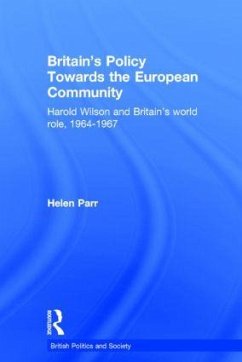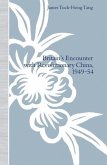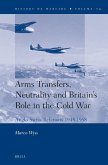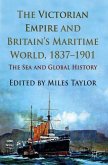Harold Wilson's apparent volt-face on European Community membership in the autumn of 1966 has long puzzled both commentators and Wilson's colleagues. Based on recently released evidence from the National Archives along with interview and private papers, this book provides a new interpretation of Wilson's policy. After coming to power in 1964, the Labour government had no intention of approaching the EEC on the kind of terms that would likely be available. Wilson aimed to establish 'wider European unity' with economic links between the EEC and EFTA and technological collaboration between Britain and Community countries. Parr demonstrates that January 1966 was a turning point, as the Prime Minister ordered secret studies of the implications of membership, aware that Britain would lose influence in Europe and America without evidence of Britain's interest in the EEC. Yet de Gaulle's attitude and the weakness of sterling meant an initiative for membership was far from assured.


![Britain's Remembrancer: Or, The Danger Not Over, [by J. Burgh] Britain's Remembrancer: Or, The Danger Not Over, [by J. Burgh]](https://bilder.buecher.de/produkte/67/67136/67136775m.jpg)





